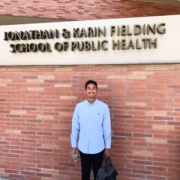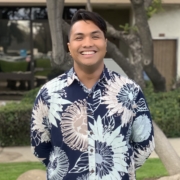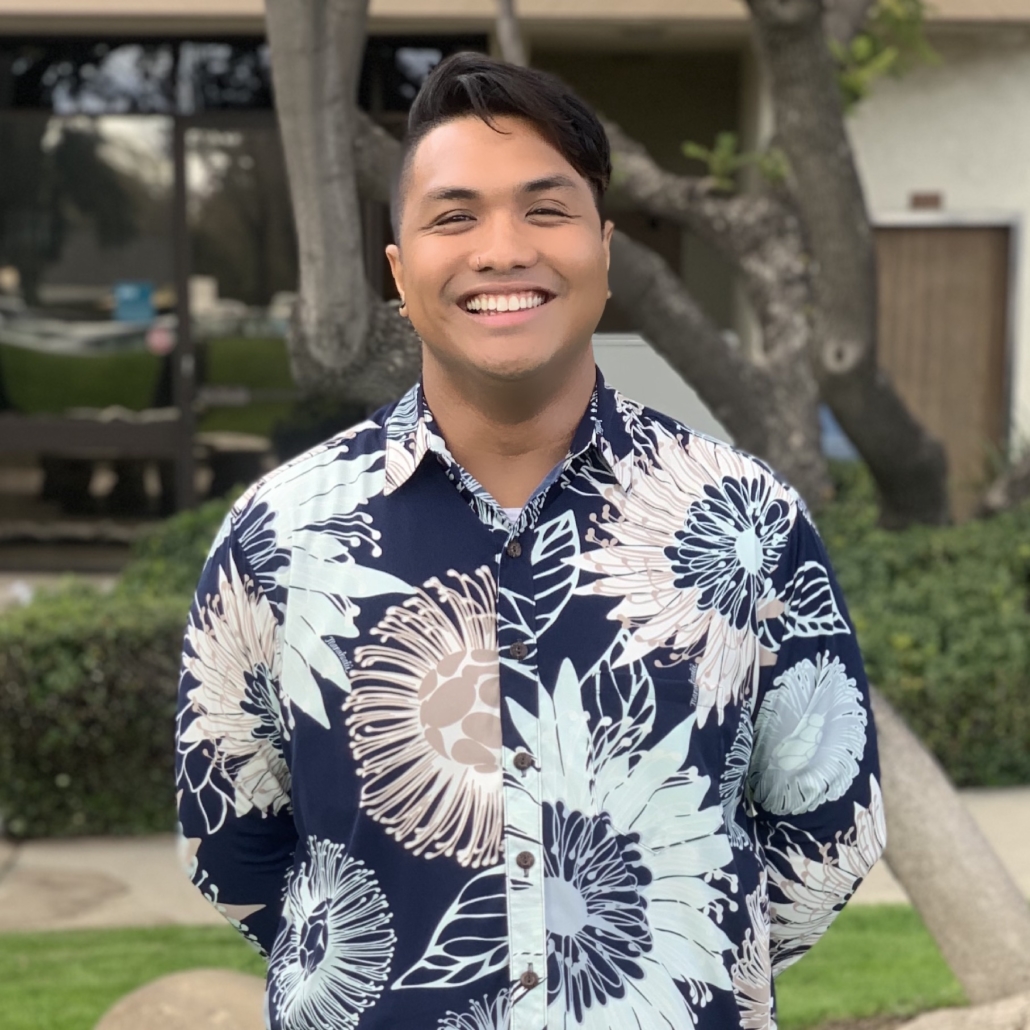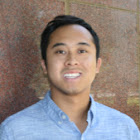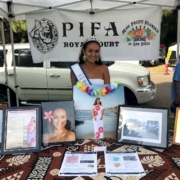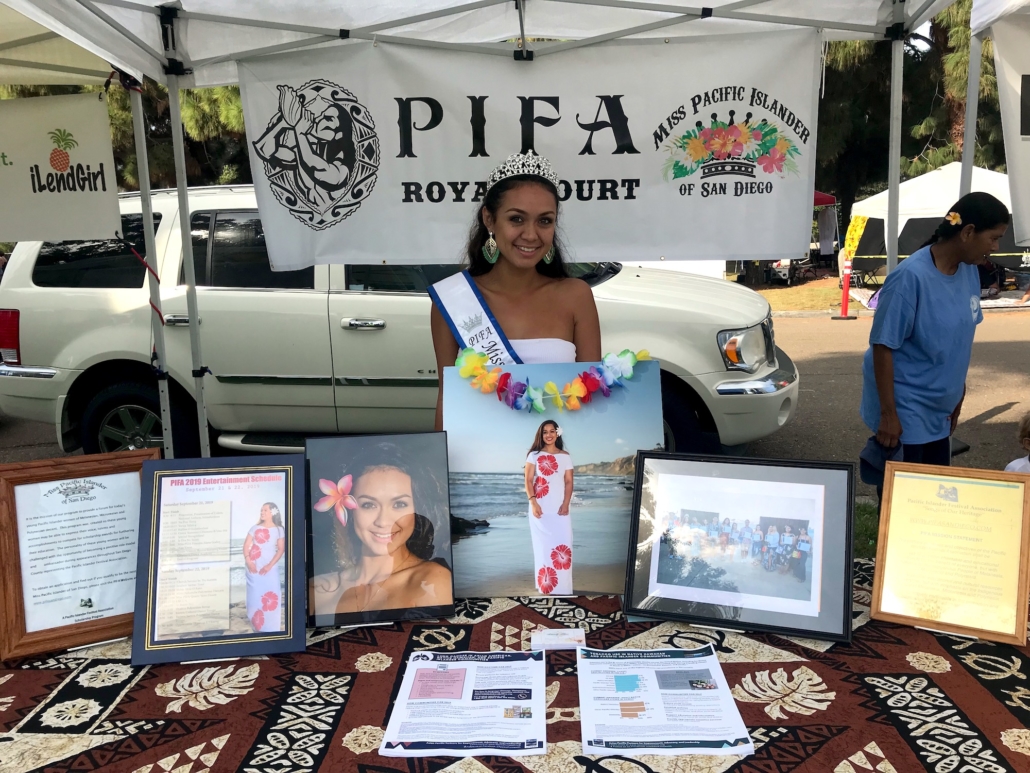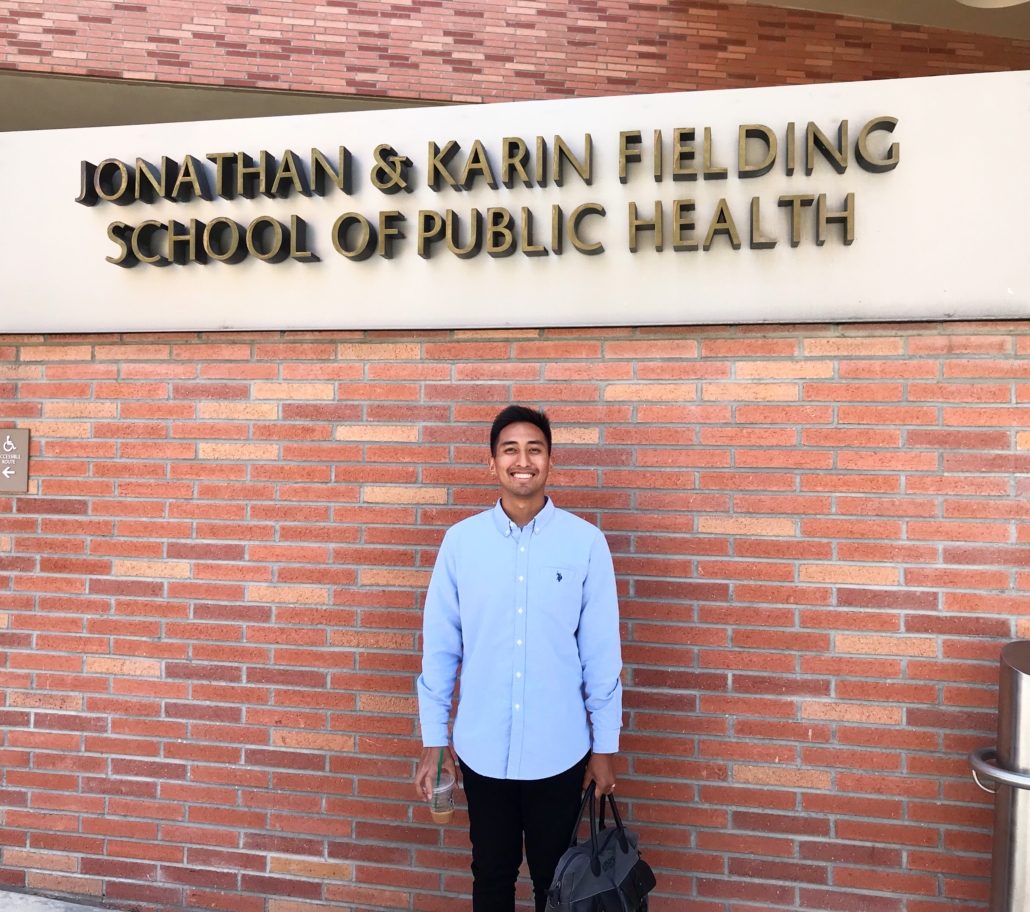
PJ is part of the Los Angeles Fellows Team. He is currently a Project Manager for the Health of Philippine Emigrants Study (HoPES).
“Being the first natural born U.S. citizen in a family of immigrants, I hold this project very dear to my heart as it pertains directly to the Filipino community and it aligns with my passion in Public Health. Not everyone is so lucky to live the best of both worlds. I feel extremely blessed to have the opportunity to give back to my community through this project, as well as provide valuable evidence-based information to future Filipino migrants.”
About the study:
The Health of Philippine Emigrants Study, or HoPES, is a collaborative effort between researchers from the University of California, Los Angeles School of Public Health, the University of Washington School of Nursing, the University of the Philippines Population Institute and Demographic Research and Development Foundation, and the University of San Carlos Office of Population Studies.
Initial data collection for the study took place in the Philippines prior to migrants leaving for the United States. This allows us to analyze the outcome of migrating to the United States on an individual’s health. Information collected during this study will help us observe changes in general health status and chronic diseases, food and beverage consumption habits, attitudes and beliefs, stress levels, and smoking and drinking habits among Philippine migrants.
My role:
I started as a Research Assistant for HoPES in September 2018 and took on the role of Project Manager in May 2019. My current duties as Project Manager include:
- Help assess current project needs to plan all management and work group meetings; organize and deliver meeting notes and maintain archives of meetings and monitor progress on action items determined through these meetings.
- Develop, communicate, monitor and update timelines and strategies in meeting project goals across all study sites.
- Work with fund manager to ensure funding agency compliance; assist PI with completion of progress reports and correspond with funding agencies on progress reports.
- Prepare and manage IRB/human subject documentation for research project and documents for collaborating organizations with human subjects approval processes.
- Supervise research staff in administering project-related duties and tasks.
- Liaison with key stakeholders to develop relationships to improve intervention implementation.
- Help develop, plan, oversee and evaluate the implementation of training and follow up technical assistance.
- Assist in the writing, editing and formatting of articles for publication in peer- reviewed journals and provide overall coordination of manuscript preparation.
- Independently search for additional contract/grant funding opportunities to supplement existing research dollars.
- Assist PI in writing, editing, and submission of additional funding/research proposals.
We provide resources to study participants on our monthly newsletters as well as per request. Since we have more than 900 migrants all over the United States, we try our best to look for resources depending on the inquiry and location. We also provide resources on our Facebook page. We are approaching our final wave of data collection later this year and will have results on the study by Fall 2021.
You can find more information about HoPES on our website – https://hopesstudy.weebly.com.

